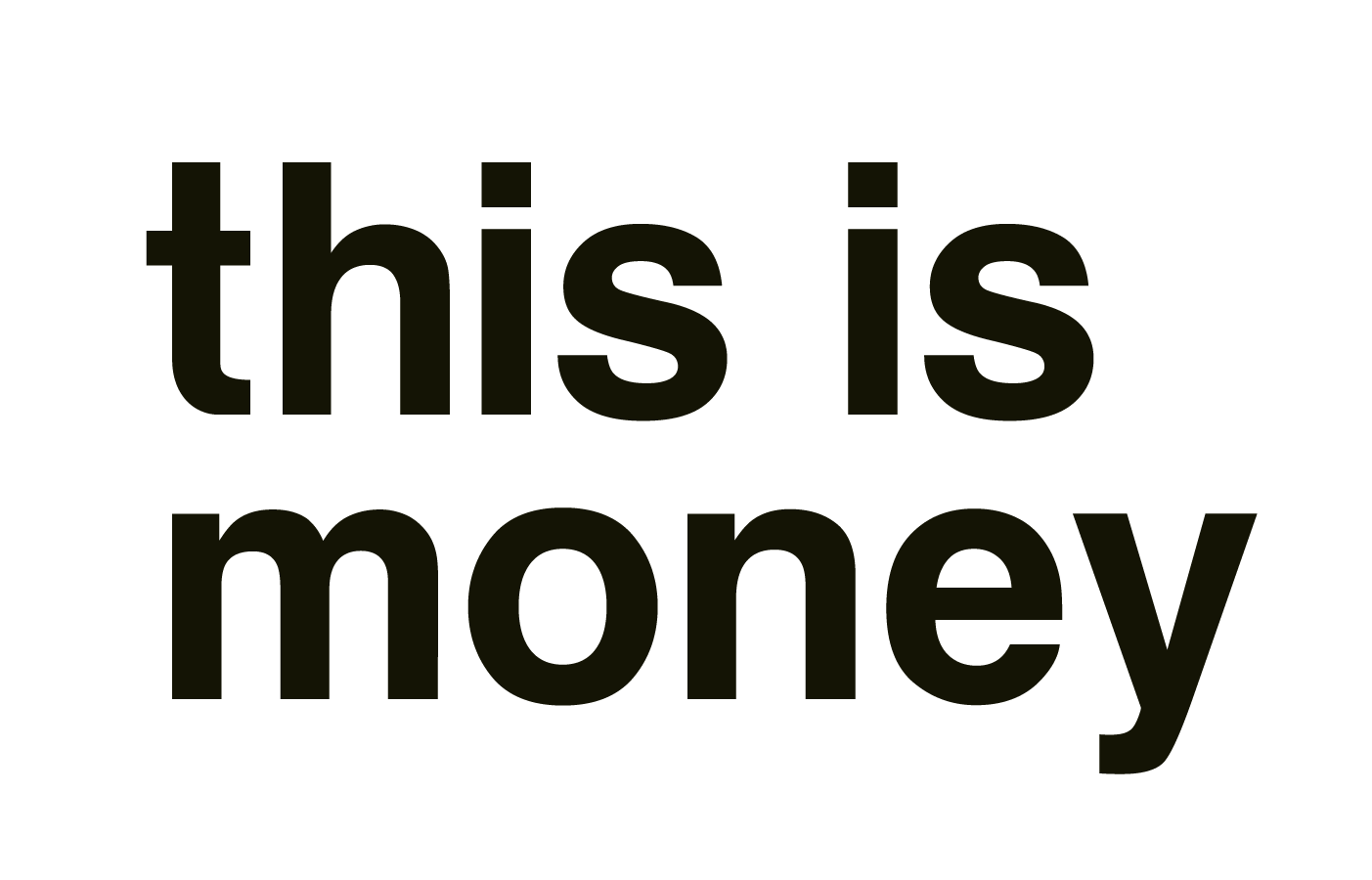Developing a money mindset
Before you dig into the nitty gritty of sorting out your money, it's helpful to first consider your money mindset. This is how you think about money - what it's designed for, whether you view it as a good or bad thing, what it can help you achieve.
Developing your money mindset is a critical part of how you manage your money because it's the cue for your behaviour. Your behaviour and ongoing habits with money are what bring about the results you want (or not want!). Creating your money mindset is free too!
Here are the key things to consider when assessing and reshaping your money mindset:
Zoom out, and set the scene
Acknowledge your own privilege
Perspective is so important when assessing your money mindset. If you live in Australia, you're one of the richest people in the world. We might feel "poor", but you are miles richer than the actual poor living all around the world. We have a lot of opportunities, and there are a heap of supports out there to suit your situation. Keep this in perspective.
But from here also assess - is there anything unique about my situation that makes it more challenging? Things that need to be factored into my situation? Could be things like ongoing health issues, single parenthood, being a carer, being on a pension, income limitations - what factors do you find challenging about your situation? Try not to let these make money feel like the biggest let down. Focus on what you can control, and try to find peace with the aspects that sit outside what you can control. Give yourself some grace.
Understand relative success, and have a definition of what success is to you
Every person has a different scale of success. Success to your neighbour might look like a new car (woo!), but to you it might be completely different. What is success with money to you?
Be real (note: not completely negative) about your goals. It might take you longer to achieve Goal X, but get the figures down on paper and see when it WILL be possible to achieve? Don't aim to be at the top of your money game tomorrow. Progress is the goal. Set your own ultimate definition of what success is so you aren't tied down in comparison and you are in control of your direction and pace. Centre your habits around taking the next positive step, the next positive step, the next positive step.
Be aware of your own mental health
Mental health plays into how we view and use our money immensely. If your mental health is slipping, so will your money. Don't chase the dollars only to forsake balance and wellbeing. You're meant to live life now with joy! No matter how much money you have - your health is everything. This might mean seeking support from a trusted professional, or it could be as simple as a walk in the sunshine once a day. Whatever that looks like to you, don't go so hard that your headspace or body falls apart. Nothing is worth that.
Support the needs of people around you
You don't become poor by giving to others. In fact, it enriches the lives of all involved. Given our state of privilege it's important to incorporate others into our story - help others! Bring them along on the journey. We are only as strong as the weakest amongst us. Don't look to trample others so you achieve your success on your own - build a generous attitude and lift everyone upwards. It could be a gifted coffee, a donation, words from your experience or a word of encouragement to help someone move forward in their world - DO IT. The world needs this attitude now more than ever before.
Shake off the past - don't give up
Setbacks, failure or lack of confidence can really drag our thinking down. Sometimes we need to give ourselves a pep talk. Think you've stuffed it up? Well, everyone has stuffed up something. No lessons without failures. Instead, practice using your headspace to find solutions, try new ideas, don't take no for an answer, think with intention and a willingness to be agile. Invest in yourself like you're the CEO of your own life! Run your finances with a view to invest and see results. Invest in your human capital to watch it's potential grow. Expect mistakes. Be patient, persistent and persevere. DO NOT GIVE UP.
Invest in your growth
Investing isn't just spending - it's putting resources into something that contributes back into your personal growth. Listen, learn, read, ask questions - find the areas of your life where you value investing for return. Come in with the mindset of value for money and return on investment. Invest in the things you understand with your level of risk tolerance in mind. It could be investing into your health, your career, a small business, shares, property - so many places! Stick to your convictions and if it doesn't work out then be agile enough to cut ties and pivot if necessary - there's zero shame.
Detox your bloodstream
Stop wasting energy on envy or jealousy - flip that energy into action in your own life. Champion others and their success, and you'll see the same energy come back to you. Just because someone has something in their life, doesn't mean you won't get that in yours. They haven't taken anything from you. Send them a "nailed it!" message and get your head back in your own game. Their success is not a personal attack on you.
2. Now to the practical things
Stick to essentials when required
There are seasons in life where what you need to focus your energy and money on, is the essentials. When you're reshaping your budget you don't prioritise your luxury yacht first - you focus on the essentials like housing, food, bills and transportation. This comes back into focus time and time again as you roll through new phases of your life like being a student, saving for a house, becoming a parent and changing jobs. This is your ground zero.
Establish your needs vs wants
You don't need a Porsche, sorry (hehe). That's just something you want, vs need. This distinction is real and it applies to everything in your life you spend money on. The question of "do I need this, or just want to have it?" should be the question consistently on your lips as you assess where your money goes. Literally every person needs to ask this question - teens getting their first jobs and keen to buy an Xbox, parents balancing family costs like daycare, singles trying to maximise their money to save a deposit, retirees looking to travel overseas - anyone in any situation. Be real with yourself about what your needs vs wants are.
Foster skills that save you money
Some simple skills can go a long way to contributing to your overall health and wellbeing, including your finances. Learning how to cook can save you thousands in take away deliveries. Fixing things yourself can save you bucket loads in paying for replacements. Clothes swapping or borrowing can save you hundreds when you need another outfit for the next wedding. Growing some of your own food can cut your grocery spend down. Carpooling or bike riding can save transportation costs massively. Look for opportunities to learn some new skills, setup networks of lending and generally cut back on your expenses. Free up as much of your money as possible for investing into important things.
Creatively maximise your money
Don't just look to make money, look to maximise it! Consider your work schedule - can you earn more by working at a different time of day? Can you create extra income during typical down time?
Would share housing help to split costs and reduce the amount you spend on rent? Can you live at home as long as possible? Is there opportunity to work longer days and potentially do one day at home to cut down on travel costs? Think creatively!
Communicate openly about money with your partner
In relationships it's typically not about the money - it's about the goals. Money is just a way to achieve those goals.
Have you ever said:
"I'm the good/bad one with money."
Or
"She/he isn't interested in budgeting."
Hello humans! We all have a different money history and we all behave differently with it. Things can become complex when 2 people are in partnership. But communication is typically the problem, and the solution. If you want to see both of your goals achieved, money will have to come into the conversation at some point, so connect your headspaces to work together. For those fresh into a relationship - set up the foundations of open chats, and continue to have these as often as needed. Don't be afraid to say "hey I suck with money!" or "yeah I can be a bit stingy at times". This isn't about judgement - it's about synergy, aligning one persons strengths with the other one weaknesses.
This episode on my millennial money is a great one to help you think through how money works with your partner. Find a way to get on the same page - you don't have to both love budgeting, but you do need to be aligned with the goals that the money goes towards:
Consider: is this a liability or an asset?
You need to ask this question about everything in your life. Having a kayak is great, but does it achieve anything for you on the 364 days of the year you don't use it? Probably not. Accumulating toys and liabilities isn't necessarily progress. Again, come with an investing mindset. What can you invest in that reaps ongoing benefits? Is it contributing to the things you value in your life?
Be wary of who you listen to
Be careful who your teachers are. Question everything. Never blindly follow someone's advice. Test it for your situation - it might have been perfect for them, but useless for you. Tailor what you hear to your own situation and be intentional with the things you act upon.






